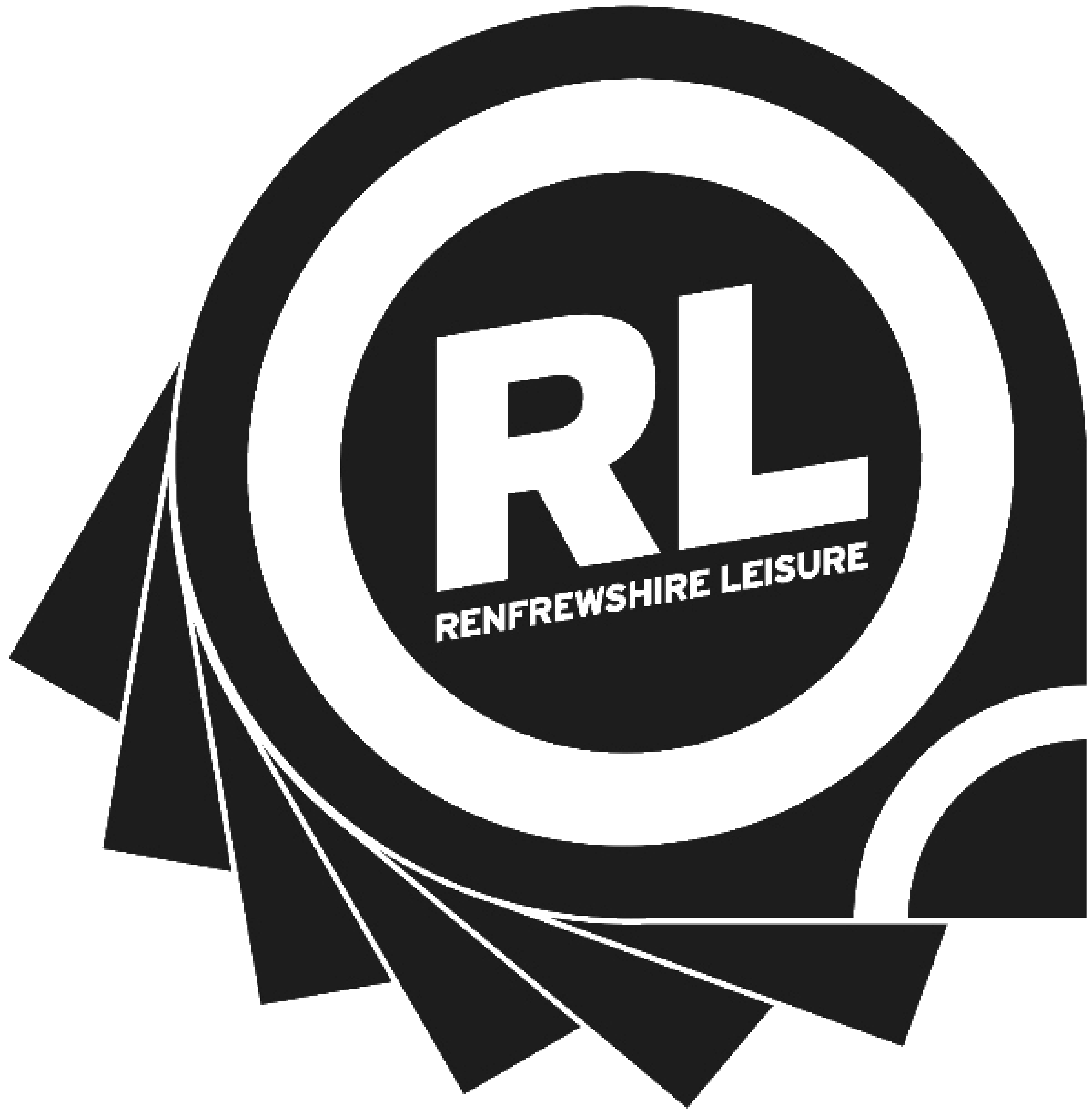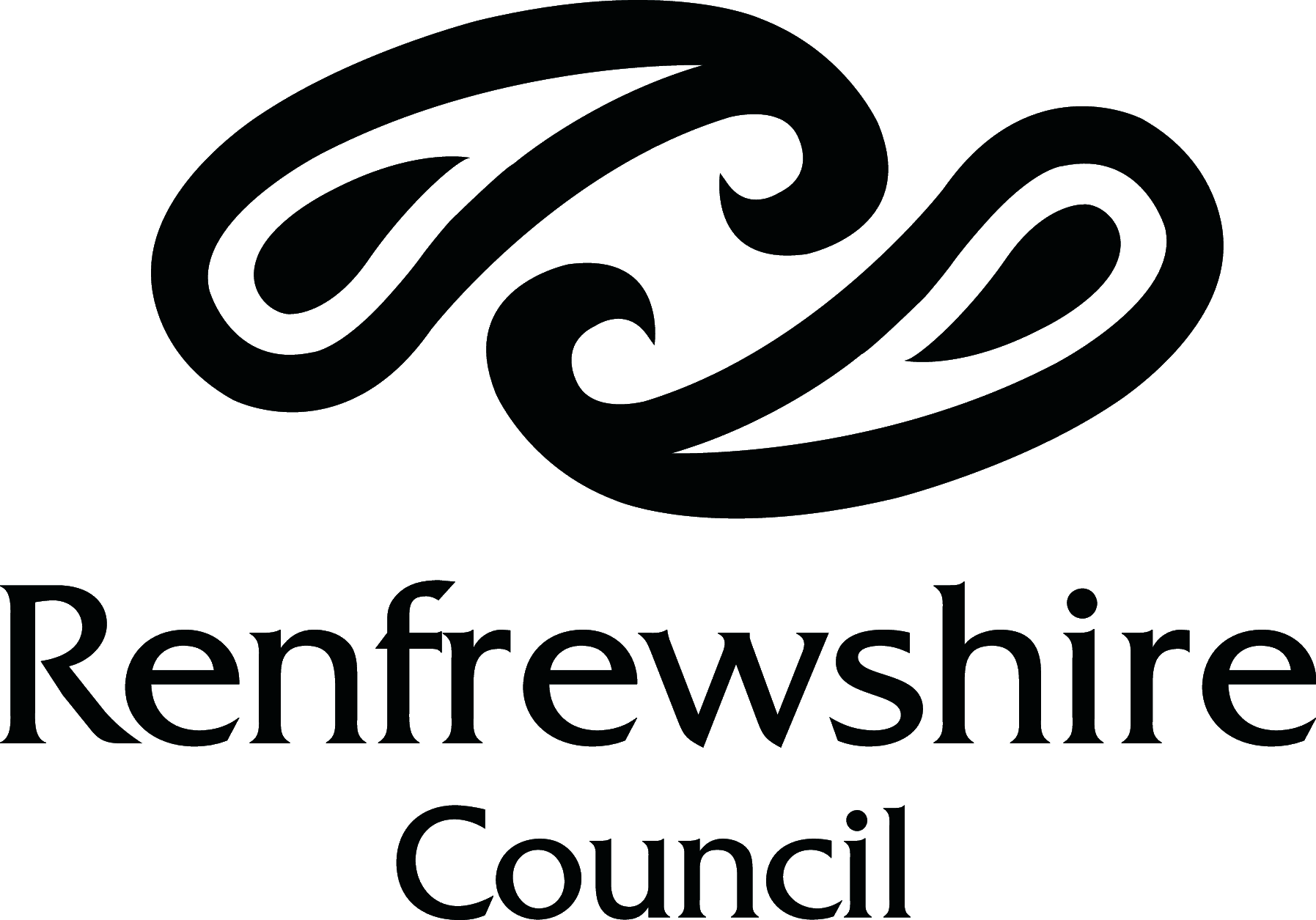Paisley Book Festival Goes Digital
 09 Mar 2021
09 Mar 2021
By Jess Orr
Following a successful and exhilarating first festival in February 2020, this year’s digital edition of Paisley Book Festival had to adapt quickly to fast changing circumstances. Looking back now, it’s hard to believe that last year’s event was staged in entirely normal circumstances, when just a few weeks later we were plunged into lockdown. The months that followed were a rollercoaster of uncertainty that would alter our perceptions of what a festival like this could and should be.
Whilst initially we had hoped the pandemic might bypass us completely, and that by Spring 2021 things would be back to ‘business as usual’, we soon realised that we needed a plan B. And so, like everyone working across the events sector, a series of alternative route maps were created, some which maintained an in-person element and others which were entirely digital.
Just as we thought we had created a model which could be used again year on year, we found ourselves reinventing the wheel for the digital realm. Programming timelines were thrown into disarray as publishers altered publication schedules in the throes of the pandemic, and the question of what kinds of events were best suited to a digital format became a focus of our attention. Marketing budgets were redirected, from printed programmes and flyers that could be distributed by actual venues around the town, to digital marketing campaigns that targeted international communities who might be interested in attending Scottish literary events.
Luckily, due to the comparative ease with which author events can be translated online, there were other book festivals that had forged the path ahead of us. We were able to watch and learn from these, as well as seeking direct advice from those we were already connected with. The re-establishment of a Scottish Book Festivals Network towards the end of 2020 was testament to the sense of community within our resilient ecosystem, and the desire of organisations to support each other through these challenges and strengthen ourselves as a collective.
Delivering an entirely digital festival has some obvious differences to its in-person equivalent. Rather than scooting about between venues, greeting authors from trains and taxis, and coordinating volunteers who buzz about in vibrant t-shirts, we operated in solitary mode in front of laptop screens, communicating with team members through email and a series of lively WhatsApp groups. We missed our audiences – their tangible presence and palpable excitement is always contagious – and yet discovered new rewards in being able to communicate with them via the digital Live Chat, where their immediate reactions, opinions and questions were shared. The conversations didn’t just keep going on social media after leaving the auditorium, but manifested themselves there, with audiences able to have a say from wherever they were.
It was also astonishing how many aspects of the festival still felt the same – meeting and greeting authors in the ‘Zoom room’ before events involved much of the same chirpy small talk and practical instruction that is required for in-person events. The excitement and sense of relief on their faces afterwards, when we jumped back into the call to let them know that they were virtually ‘off stage’ i.e. no longer being live streamed to the entire internet. Even our volunteer programme, scaled down as it was this year, was a huge success, with a tight knit bunch of budding bloggers and social media gurus helping us to create an energy around each event and cheerleading each other’s efforts.
Over the 10 days we staged 54 events, which included programming for adults, children and young people, as well as a digital schools programme which comprised interactive videos that could be watched in classrooms or at home. Our overarching theme – Radical New Futures – captured the imaginations of audiences and provided a thread of optimism and hope that ran throughout the programme and provided much needed relief from lingering lockdown blues. We ran 7 creative workshops, and our fantastic Writer in Residence Imogen Stirling ran a further 15 workshops with local Paisley community groups in the lead up to the festival, as well as staging three events as part of the public programme.
The story of what happens next for Paisley Book Festival is as yet unwritten. But what we learnt this year is that digital spaces provide access to audience members who would never have been able to reach the festival in person, due to geography, disability, caring responsibilities, or cost. They also allow more flexibility for audiences to engage with us as and when they choose, and give authors an opportunity to take part without time consuming and expensive travel. We will always cherish those moments when we get to meet an author eye to eye and feel part of a collective conversation that can be dissected with a friend over a coffee or a beer afterwards. But we will also want to hold onto the digital riches we have unearthed this year, and take those forward too.





